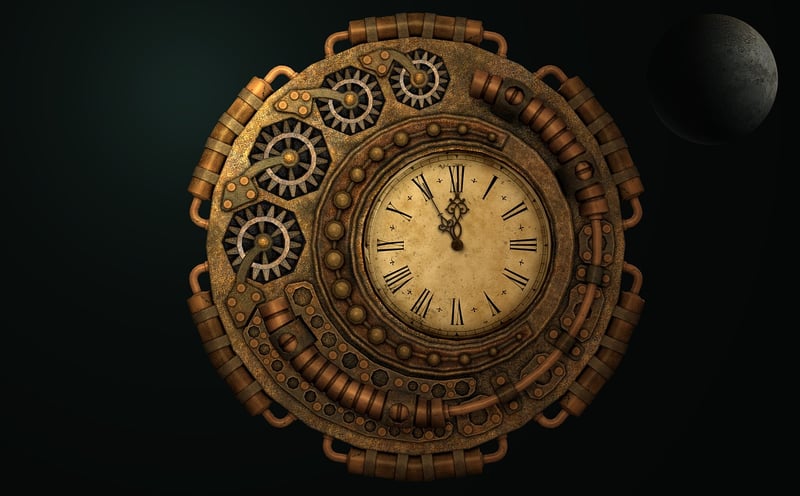Temporal Ethics
Understanding Time-Travel Rules and Temporal Ethics
Time travel has captured the imagination of people for generations, and it continues to be a popular concept in science fiction and theoretical physics. While the idea of traveling through time raises fascinating questions and possibilities, it also comes with a set of rules and ethical considerations that are essential to understand.
Time-Travel Rules
Time-travel stories often introduce specific rules to govern how time travel works within their fictional universes. While these rules can vary depending on the narrative, some common principles include:
- Fixed Timeline: In a fixed timeline, events in the past cannot be changed. Any actions taken by time travelers were already part of history.
- Dynamic Timeline: In a dynamic timeline, changes made in the past can alter the present and future, creating branching timelines.
- Butterfly Effect: The butterfly effect suggests that even small changes in the past can have significant and unforeseen consequences in the future.
- Parallel Universes: Some stories posit that time travel creates parallel universes, allowing for multiple versions of reality to exist simultaneously.
- Temporal Paradoxes: Paradoxes like the grandfather paradox (where a time traveler prevents their own existence by altering the past) are common themes in time-travel narratives.
Temporal Ethics
Alongside the rules of time travel, ethical considerations play a crucial role in exploring the implications of altering the past or future. Some key ethical principles in temporal ethics include:
- Non-Interference: The principle of non-interference suggests that time travelers should avoid altering the natural course of history to prevent unintended consequences.
- Respecting Autonomy: Time travelers must respect the autonomy of individuals in different time periods and avoid manipulating their decisions or actions.
- Minimizing Harm: When changes to the past are necessary, time travelers should aim to minimize harm and prioritize the well-being of all individuals affected by their actions.
- Temporal Prime Directive: Similar to the Prime Directive in Star Trek, the temporal prime directive advocates for non-interference in the development of civilizations at different points in time.
By understanding the rules of time travel and considering the ethical implications of temporal interventions, storytellers and readers alike can engage in thought-provoking explorations of the nature of time and causality.

Time travel remains a captivating concept that challenges our understanding of the universe and our place within it. Whether used as a plot device in fiction or as a theoretical concept in physics, exploring time-travel rules and temporal ethics enriches our imagination and philosophical inquiries.
